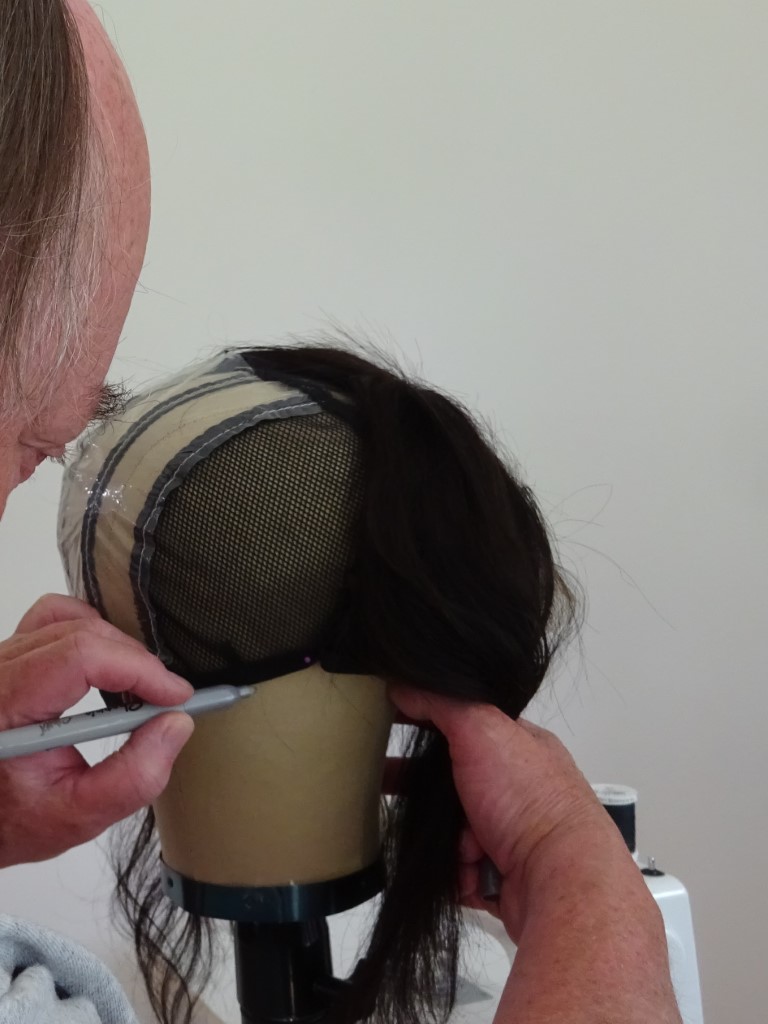Learning New Tricks
The fountain of youth can stick around for people well into their 80s and 90s. The old saying “You can’t teach an old dog new tricks” does not apply to middle and older aged adults. In the right environment, seniors can learn new tricks, such as wig making.
Here are two examples of seniors doing incredible things:
Ernestine Shepherd is the world’s oldest body builder. At the age of 86, she still is incredibly fit. She started weightlifting at the age of 56.
Irving Olson, at the age of 98, developed new approaches for photographic technology. He died in 2016 at the age of 102 years.
What Does the Science Say?
Scientific websites provide ample evidence that adults aged 50 years and older are more than capable of learning new skills. And, acquiring additional skills like wig making can be a great way to keep your ageing brain in shape!
Shirley Leanos and colleagues conducted a study on the impact of acquiring a variety of real-world skills on brain functioning and independence in healthy older adults. They found that seniors have the brain capacity to learn well, and that their independence increases dramatically with the acquisition of new skills.
Older adults 58 to 86 years old took 15 hours of classes per week, similar to a university undergraduate course load. Participants increased their cognitive abilities to levels similar to those of middle-aged adults, 30 years younger, after just 1.5 months.
Wig Making and the Ageing Brain
Your ageing brain has an astonishing ability to learn and master new skills. In turn, this maintains and enhances intellectual functioning. You are never too old to learn!
Staying active, physically and mentally, is the best way to avoid cognitive decline in older adulthood. Learning new skills, such as wig making, is good for your brain!
You don’t need to rely on your family and friends to do stuff for you. You can maintain your independence, both financially and cognitively.
Be a sponge!
It is often said that children learn new information and skills like a sponge. But recent research suggests that middle and older aged adults can be sponges as well.

